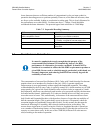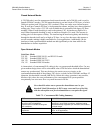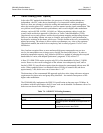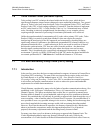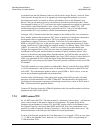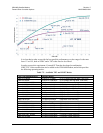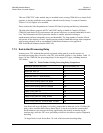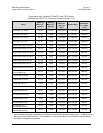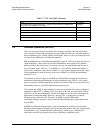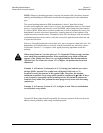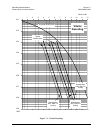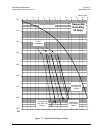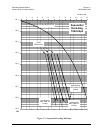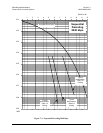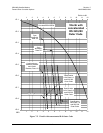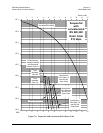
CDM-600 Satellite Modem Revision 7
Forward Error Correction Options MN/CDM600.IOM
7–11
Table 7-7. TPC and LDPC Summary
FOR AGAINST
Exceptionally good BER performance - significant improvement compared with
every other FEC method in use today
Nothing!
Most modes have no pronounced threshold effect - fails gracefully
Exceptional bandwidth efficiency
Coding gain independent of data rate (in this implementation)
Low decoding delay for TPC
Easy field upgrade in CDM-600
7.8 Uncoded Operation (No FEC)
There are occasions where a user may wish to operate a satellite link with no forward
error correction of any kind. For this reason, the CDM-600 offers this uncoded mode for
three modulation types - BPSK, QPSK, and OQPSK. However, the user should be aware
of some of the implications of using this approach.
PSK demodulators have two inherent undesirable features. The first of these is known as
‘phase ambiguity’, and is due to the fact the demodulator does not have any absolute
phase reference, and in the process of carrier recovery, the demodulator can lock up in
any of K phase states, where K = 2 for BPSK, K = 4 for QPSK. Without the ability to
resolve these ambiguous states there would be a 1-in-2 chance that the data at the output
of the demodulator would be wrong, in the case of BPSK. For QPSK, the probability
would be 3 in 4.
The problem is solved in the case of BPSK by differentially encoding the data prior to
transmission, and then performing the inverse decoding process. This is a very simple
process, but has the disadvantage that it doubles the receive BER. For every bit error the
demodulator produces, the differential decoder produces two.
The problem for QPSK is more complex, as there are 4 possible lock states, leading to 4
ambiguities. When FEC is employed, the lock state of the FEC decoder can be used to
resolve two of the four ambiguities, and the remaining two can be resolved using serial
differential encoding/decoding. However, when no FEC is being used, an entirely
different scheme must be used. Therefore, in QPSK, a parallel differential
encoding/decoding technique is used, but has the disadvantage that it again doubles the
receive BER.
OQPSK is a different situation again, where the ambiguities result not only from not
having an absolute phase reference, but also not knowing which of the two parallel paths
in the demod, I or Q, contains the half-symbol delay. Another type of differential
encoding is used, but yet again the error rate is doubled, compared to ideal.



